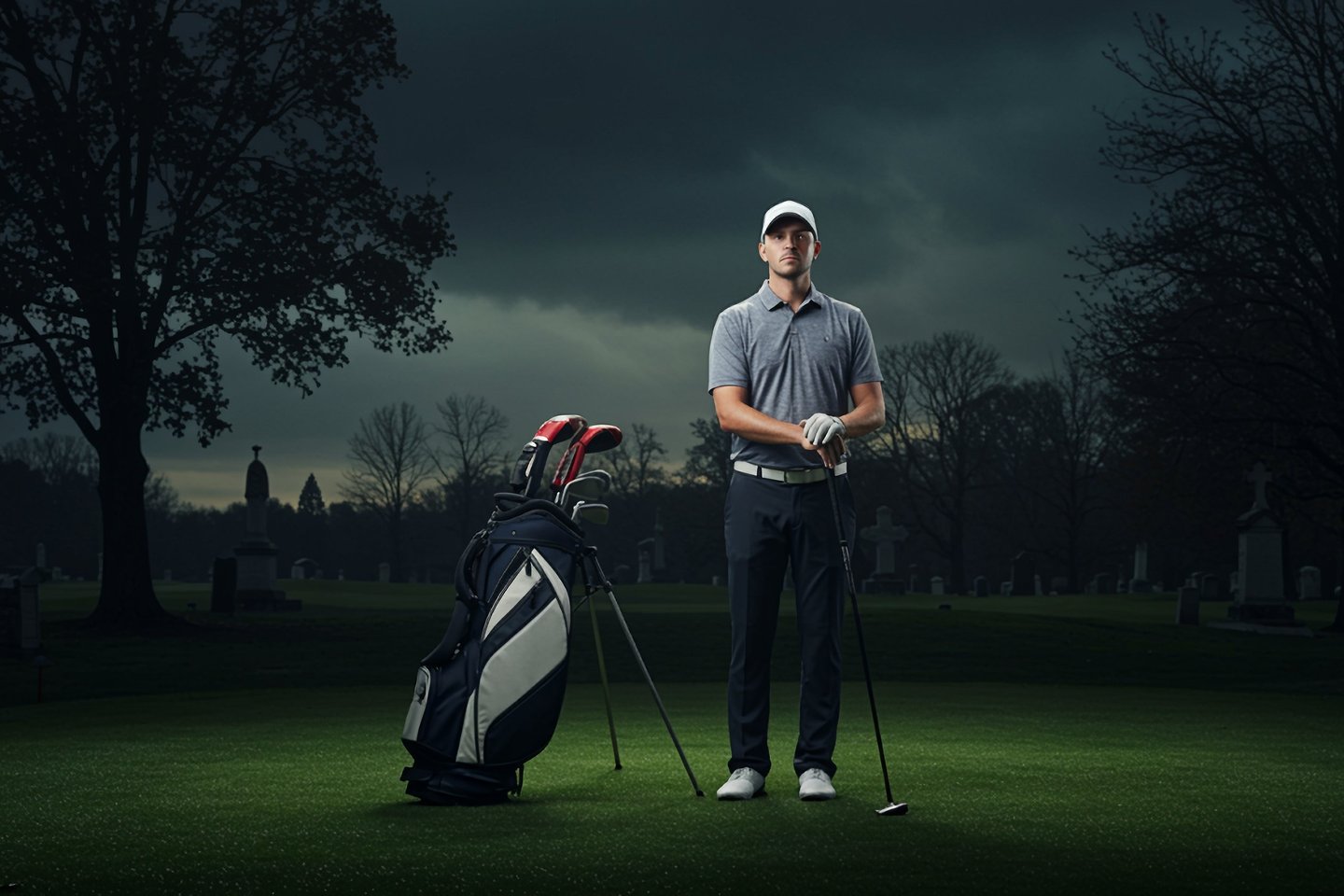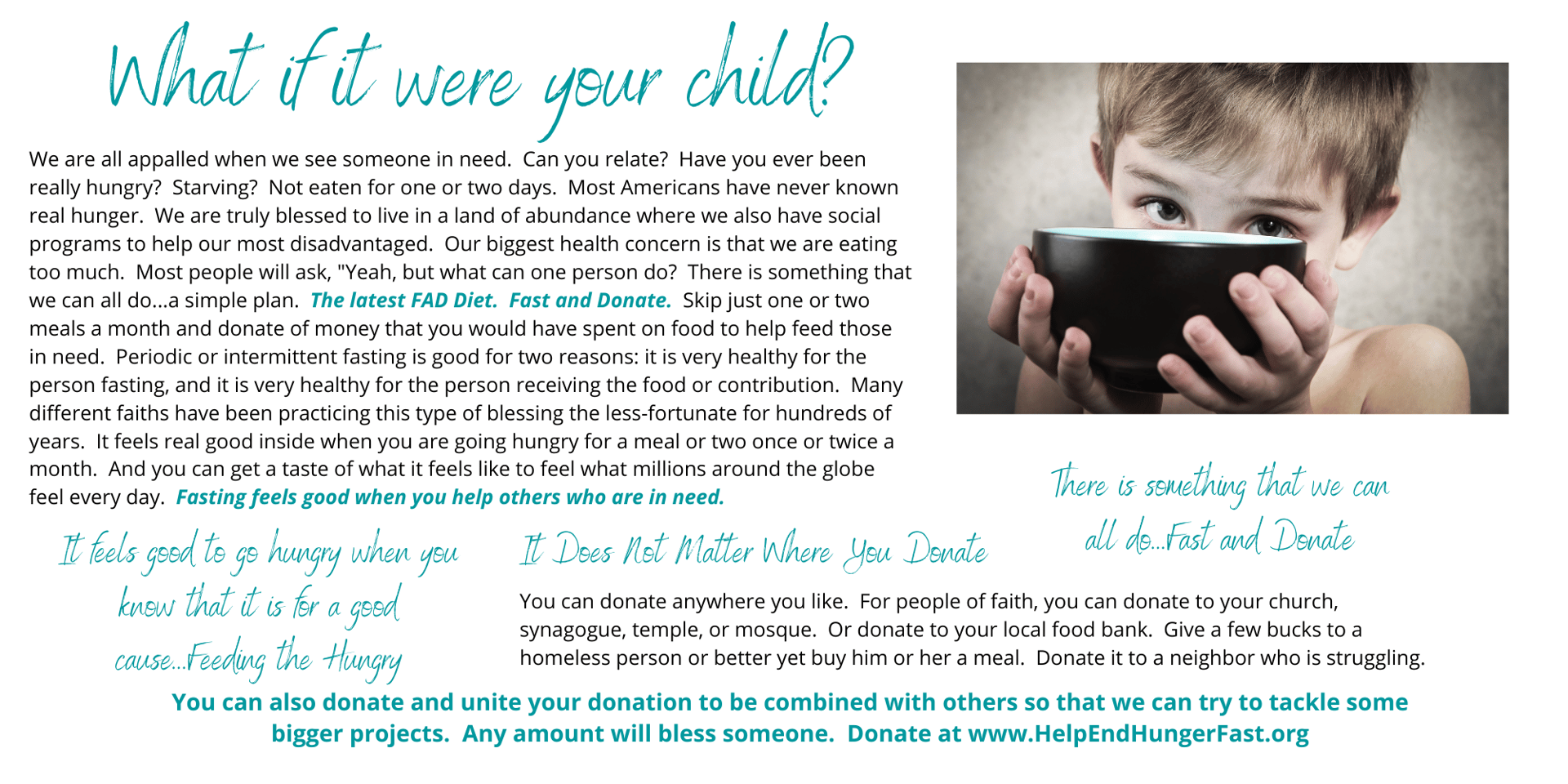
Are you addicted to playing bad golf?


Would you like to start playing good golf for a change?
I first started playing golf in high school... But I never told anyone. Golf and tennis were not considered "real sports" like football, baseball, wrestling, etc. The only people that I knew who played tennis and golf, were all effeminate.

This is my story about my journey from being addicted to bad golf and becoming a scratch golfer. I am now in the process of becoming a PGA Member and golf instructor and I am currently working as the assistant golf professional.


I was once addicted to playing bad golf. I loved the game, but I was no good. I played with my dad and my brother and we were all no good.
My dad started to play golf to relieve stress. He became addicted to golf. Oh yeah, golf is not just for sissies, it is also for old men.
If one of us ever shot a round in the low 80's, we thought that we were on fire.
My younger brother Robert, moved back to California and started getting serious about playing good golf.
He called me one day and said, "Guess what? I was six under after nine. I had no idea what he was talking about.
When he told me that he was six under par after nine holes, I thought that aliens had abducted my brother.
He moved back to Utah and he had game. He was playing even par golf and was the Club Champion at Hobblecreek Golf Course a couple of times.
I was a terrible golfer with about an 18 handicap...I was so bad my that my own brother was embarrassed to play with him and his new golfing buddies.
While on my mission, I had several instances that made me consider wanting to become involved in dentistry.
Many people in France had terrible dental care. I also knew that there were many other countries in which dental care was even far worse.
After my mission, I attended BYU to finish my studies in business communication, marketing and advertising.
Many believed that the "good-old-boy" network protected established dentists. And since they were the leaders in the national, state, and local dental societies, they made the rules. They were fighting to protect their advantage.
A few young attorneys in Arizona petitioned to change the "rules."
A law suit was brought...
The Federal Trade Commission maintained that established dentists were "price fixing" and that deregulating the professions would be a fair trade practice that would benefit consumers and the entire dental community.
During my last year of college, as I was considering changing my major to pre-dental, there arose a controversy.
In 1978 is was not permitted for dentists and many other "professionals" such as attorneys, to promote their services with advertising and marketing.
The established dental community leaders maintained that advertising was demeaning and below the dignity of "dental professionals."
In 1978, I was studying business, communications, graphic design, advertising and marketing. I graduated in December of 1978 from BYU with a B.A. in "Business Communication" (advertising and marketing).
In some of my course studies, we discussed the pending Supreme Court ruling. What effect would advertising and marketing have on the professions? Would it be good for dental professionals...good for consumers?
During this time controversy, I was studying marketing at BYU.

In January of 1979 everything changed. The Supreme Court of the U.S. ruled on the case and ended the restriction of advertising and marketing. Dentists began little by little to promote their practices.
I had considered attending dental school, or possibly law school. I could not decide which avenue that I wanted to pursue, but I knew that I would need to work my way through while I finished my studies. Someone suggested that I look into the dental laboratory field. While on my mission in France in my last area, I had actually visited a small one-person dental lab in a home.
In November of 1979, I went to work for my father-in-law, Dr. Ron Packard, DDS. I became an in-house dental lab tech-ceramist and worked for a busy three-dentist office in Carlsbad, Ca.
In the summer of 1981, I moved to Provo to prepare for law school. While looking for work, I dropped by the Edgemont Plaza complex in Provo. I had the opportunity to meet Dr. Christensen who invited me to rent his dental lab space. I passed up the opportunity because I was planning on attending law school soon. I met with Dr. Christensen several times and had brief conversations regarding the topic of dental marketing and advertising.
The lab business went very well for the next ten years and I was quite successful for awhile. Law school would have to wait.
For the next 25 years, I operated 14 different dental laboratories in four different states.
During that time, I worked with several hundred different dentists who all had one common need-- they all needed new patients...and they were spending a lot of money on advertising and marketing. And the worse part was that they were doing it wrong.
For several years, I helped many of my lab client dentists to professionally grow their practices without spending a lot of money. I offered my advice and services at no charge to my clients. If my clients were busier, then my lab was always busy.
One of my new clients had trouble paying my lab bill one month. I was perplexed because he had always paid my lab bill immediately when I dropped it by his office. He told me that he was a little short because he had paid $30,000 up front for a 13 week consulting program. A few weeks later, he paid me. After his 13 week program, I was curious if he was happy with his investment. He said "no."
I began helping him with his marketing and made a few simple suggestions which really helped. He complained to the consultants and they agreed to give him a $10,000 refund if he would give them a great testimonial. He agreed, got his $10 K back and lost my respect.
Finally, I sold my last dental lab, went to law school for a year, and then became a dental marketing consultant.
I worked with Dr. Woody Oaks and the Profitable Dentist Newsletter for over a year. During that time, Profitable Dentist sponsored The Summit to Save Fee-for-Service Dentistry in Keystone Colorado. The Keynote Speaker was Dr. Christensen. During his presentation, he articulated some of the problems facing dentistry and what could be done to fix those problems.
Where is the ADA when it comes to promoting dentistry?
Where is the ADA? Where are dentistry's P.S.A.'s?
One day I went to lunch with Dr. Dave Chapman, a Las Vegas area dentist. On the way back to his office, there was an ad on the radio about foot health. The ad was a P.S.A. (Public Service Announcement) "Sponsored by this station, the Ad Council, and the American Podiatry Association.
Dr. Chapman was a mild mannered guy. But he literally came unglued. He slammed his fist on my dashboard above the radio and shouted, "Where in the blankedy blank are our ads? Where in the %@&$! is the ADA?"
It is not for a lack of finance. The ADA takes in millions of dollars annually. When I go search on line for information on ADA educational awareness for consumers...I find nothing of any value. It remains, unfortunately up to individual dentists to spend large sums of money to fight for market share in their area. When one dentist offers a low cost procedure is is a short-term benefit to one dentist and a long-term detriment to every other dentist. It is unfortunate that many so-called dental experts are giving this advice.
There is a better way. Dentists could unitedly collectivize their resources and create a nationwide marketing campaign to promote dentistry. This is an affordable solution. Instead of fighting for market share, dentists could work together to expand the market. Instead of discounting their services as a way to compete against other dentists, dentists could increase the perceived value of dental services. Every dentist everywhere would benefit.
The Word Doctor comes from the Latin word "docere" to teach (or educate). You can be come a Doctor of Dentistry and learn how to grow your practice by educating.
According to Dr. Christensen, every problem facing dentistry can be solved by doing three simple things.
Educate...The ADA should be leading with nationwide educational campaigns
Educate...Every state and local dental society should be using their resources to educate on the local and state level.
Educate...Every dental professional should be educating their patients about the importance of dentistry to their health.
It is not for a lack of spending. Individual dentists are spending untold millions of dollars each and every month on self-promotional advertising.
I began suggesting over 30 years ago that dentists quit self-promotional marketing and begin promoting the profession. It took a bunch of dairymen to show the way.
The "Got Milk?" campaign
The were able to attract Hollywood celebrities and have television ads, billboards, print ads, magazine ads, radio, and more.
How is it that the Dairymen's Associations were able to come up with a highly successful nationwide awareness campaigns that lasted for over 25 years?
How is it that the American Dental Association is unable to use a small portion of their massive wealth to support their members in a meaningful way?
We can and we will change that.
Care to join with us?
There is a simple solution...the Ten Percent Solution.
There are over 160,000 dentists in the US currently. If just 10% (16,000) contributed just $1,000 annually to a fund to promote dentistry, we could rival the "Got Milk?" campaign.
The milkman was able to deliver for their industry. Why are dentists unable to do the same or better. Every Hollywood celebrity has a dentist that they visit.
If the ADA won't stand up and create some awesome ads to promote the profession...why wait?
The great thing is that sponsoring dentists could benefit even more by being a founding partner.
Care to join with us?
There is a simple solution...the One Percent Solution.
There are over 160,000 dentists in the US currently. If just 1% (1,600) contributed just $2,000 annually to a fund to promote dentistry, we could create an incredible Healthy Smile campaign.
We can and we will change that.
Care to join with us?
Contact us at 1-800-A-SMILE-Dentist
Eventually more and more dentists would want to be a part of a campaign that is educating patients about the wonderful benefits of maintaining good oral health. As more and more dentists join, we would have an even bigger budget to do more.
For over 25 years, our firm has been helping individual dental practices to learn how to professionally grow their practices in the most professional manner possible.


We are here to help
Talk to our family law attorneys today. We tailor our services around your legal needs so that we can reach the desired outcome together.
